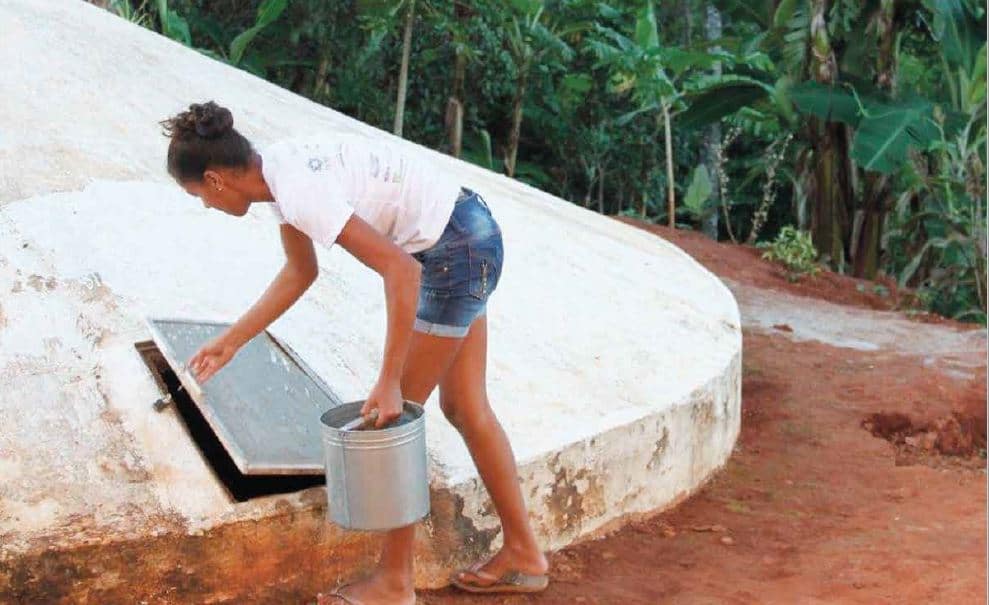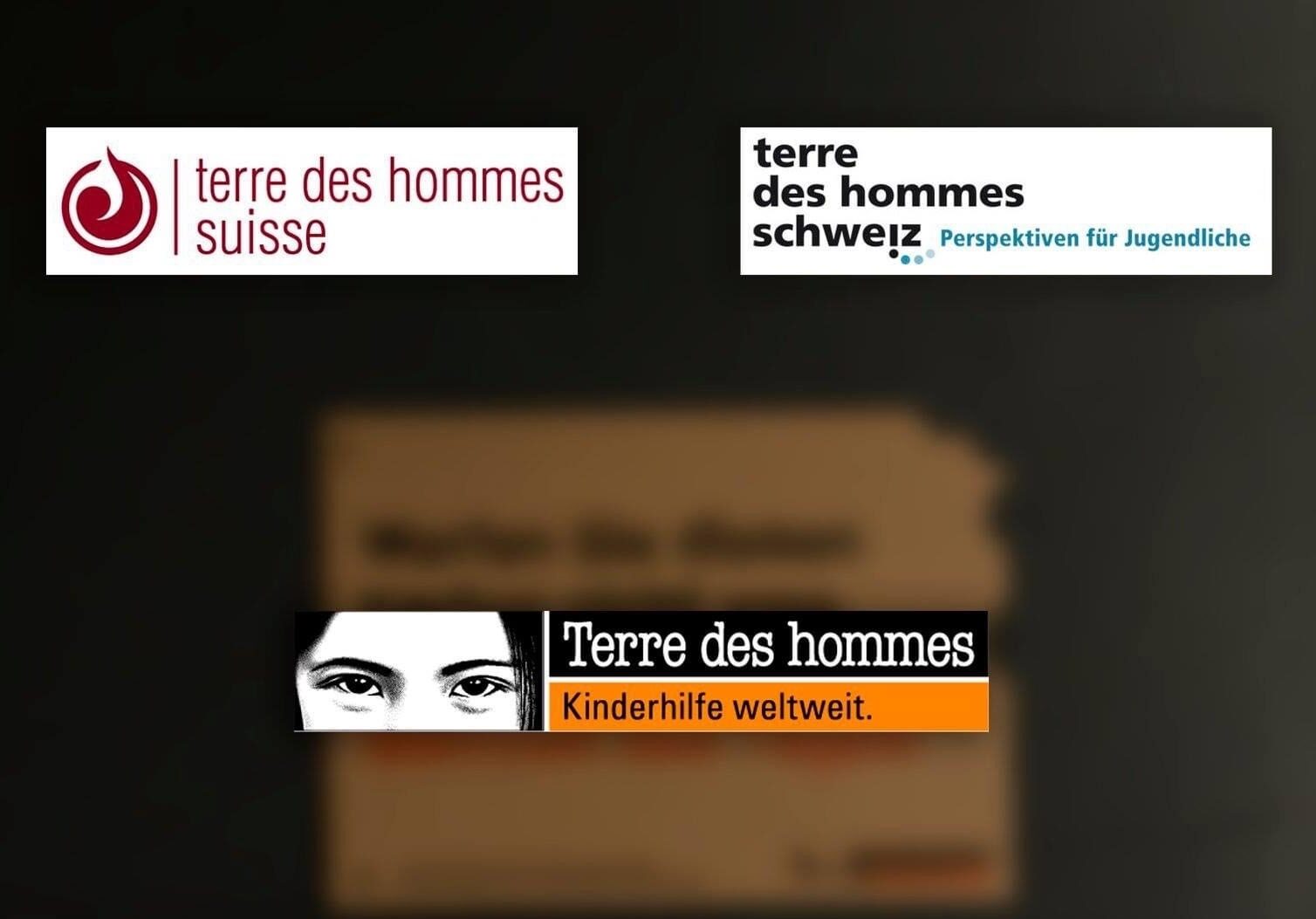The Temer government is pursuing a clear course in Brazil: it is in the process of abolishing the social achievements of recent years. This also applies to the “one million cisterns” program, which can successfully combat the problem of drought. This program has a tailwind. It won the silver Future Policy Award last fall.
Access to water is an important prerequisite for development. Even in drought-prone north-eastern Brazil, the right to water cannot be taken for granted. This is why the “One Million Cisterns” programme, which is largely supported by Centro Sabia (our partner organization in north-eastern Brazil), was recognized in September 2017 as the second most important initiative in the fight against drought and aridity worldwide. The recognition of this program is especially important now, as it looks as if the Temer government wants to quietly dry it up financially.
For self-determination and income generation
This civil society-led political project was launched to secure access to water in drought-prone regions of Brazil. The simple rainwater catchment technology enables a constant consumption of water for growing food and keeping livestock. It thus enables millions of poor people in the region to achieve self-determination and generate income.
Creeping end
The great success of the project led the previous Brazilian government to support it financially and turn it into an official program. It is therefore all the more bitter that this award-winning program is no longer being supported by the current Temer government. Although it has not officially ended it due to the austerity measures, it has stopped reimbursing the costs without communicating this.
Future Policy Award
The prize was awarded by the World Future Council in cooperation with the United Nations Convention to Combat Desertification (UNCCD). According to its own information, the Future Policy Award is the first prize to recognize good legislation at international level. In 2017, the Future Policy Award honored policy initiatives that effectively combat desertification and land degradation.
If you are interested in further news and want to stay up to date, visit our newsroom or subscribe to our newsletter.



